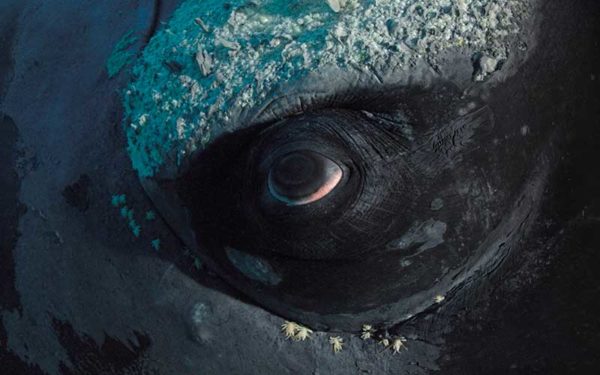What is Plastic Made Of? Fossil Fuels.
These polluting products are two sides of the same coin, and Big Oil and Gas are the culprits.
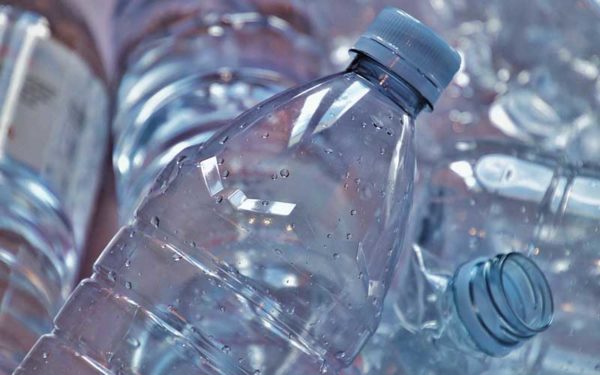
These polluting products are two sides of the same coin, and Big Oil and Gas are the culprits.

For too long, the world has treated plastic as a waste disposal problem. But plastic pollutes from the moment we extract fossil fuels from the ground. To truly tackle this crisis, we need to stop plastic production at its source. And the UN plastic treaty can do just that – on a global scale.
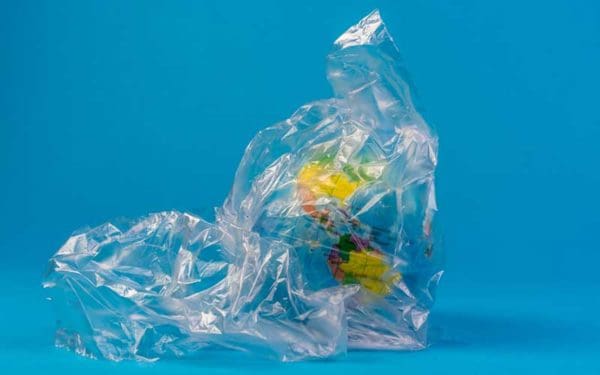
Federal fishery managers have approved a new rule that will require 100% at-sea catch monitoring to help stop overfishing species like Atlantic cod in New England.
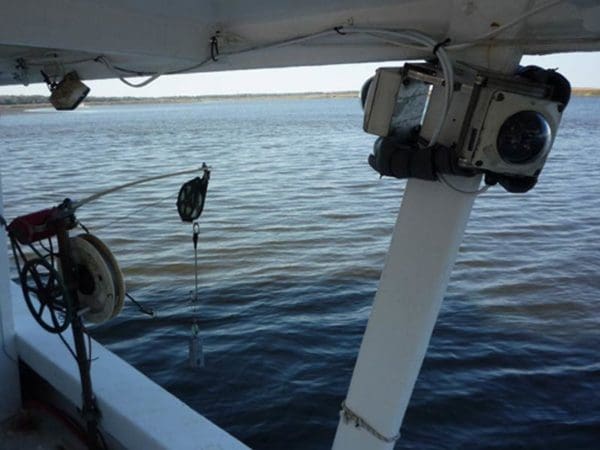
Learn how CLF’s Healthy Retail and Commerce Fund helped support Community Servings and the impact they expect to see on community, health and the environment.
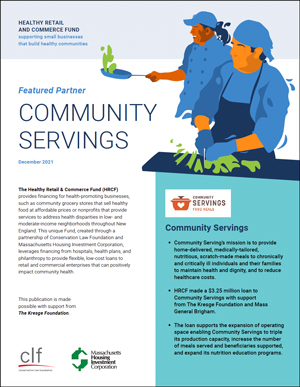
We need clean energy without having to risk our health and climate. Responsible offshore wind offers a viable solution, but it has to be done right – including to protect marine species. That’s why CLF and our partners worked to develop best practices for developers to utilize and get offshore wind right for North Atlantic right whales.
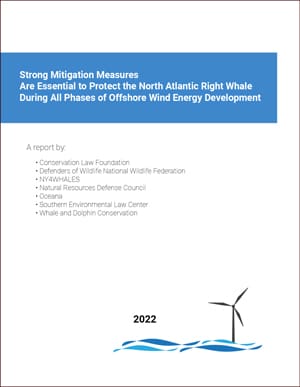
Despite the clear and present dangers their oil storage facilities pose, including to communities here in New England, Big Oil has failed to invest in measures to safeguard them from sea level rise and increasingly powerful and frequent storms – climate harms their polluting products have caused. Indeed, they haven’t even taken the required steps… Continue reading Conservation Matters: Spring 2022
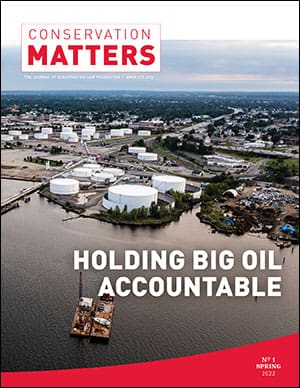
As nearly every New England state has instituted mandatory cuts to climate-damaging pollution, the term “net zero by 2050” has popped up a lot. What does it even mean?
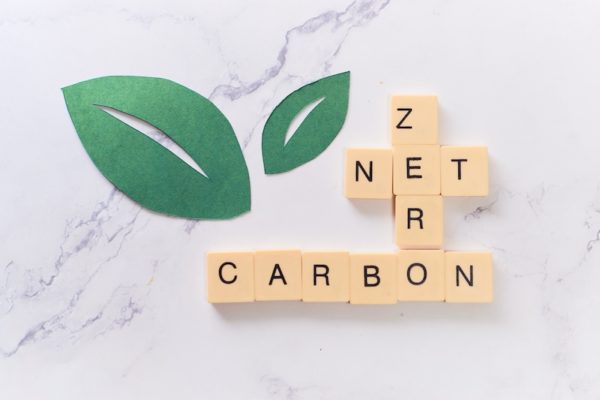
“Dangerous tailpipe pollution worsens the climate crisis and threatens public health,” said CLF staff attorney Shannon Laun. “First Transit is ignoring important laws designed to curb these emissions, and it’s time they are held responsible. This company must stop poisoning the air in the communities in which they operate.”
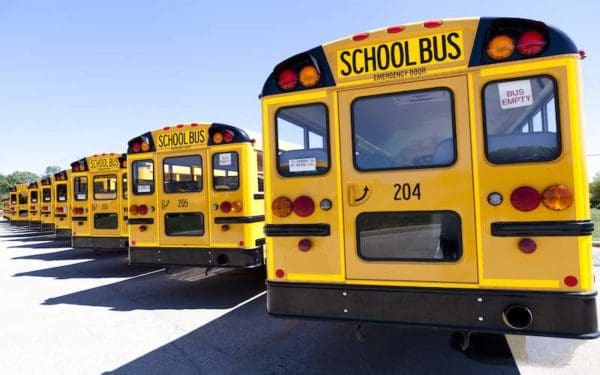
A typical trip to the store means leaving with more than I came for. Why? Because everything is needlessly wrapped in layers and layers of packaging. We can and must hold companies responsible for the waste they create. And we can do that through a modern Producer Responsibility for Packaging Law.
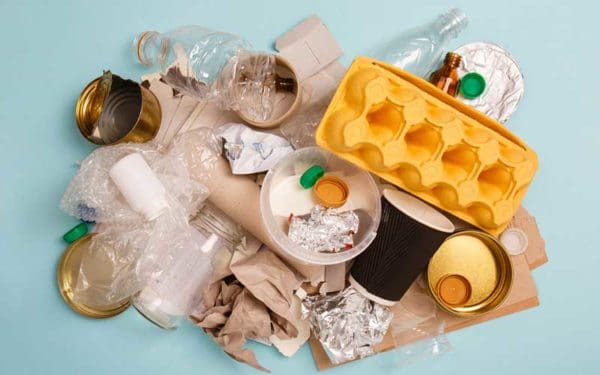
“We Are All Whalers” is Dr. Moore’s latest endeavor to advocate for North Atlantic right whales. The book shines a light on how our actions as consumers make all of us whalers. But if we act now, we change that.
